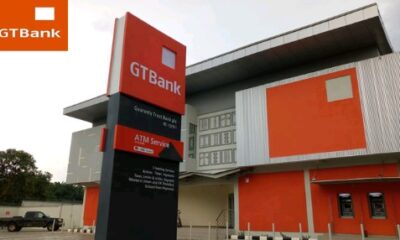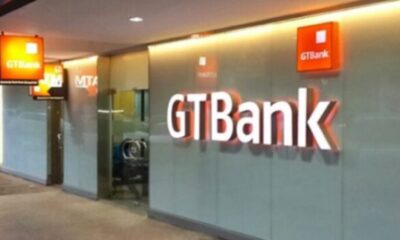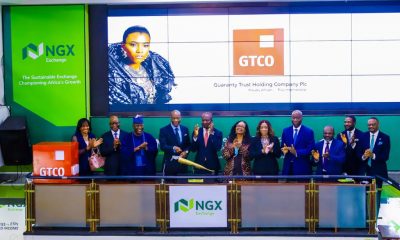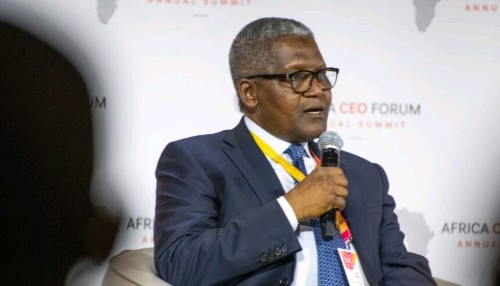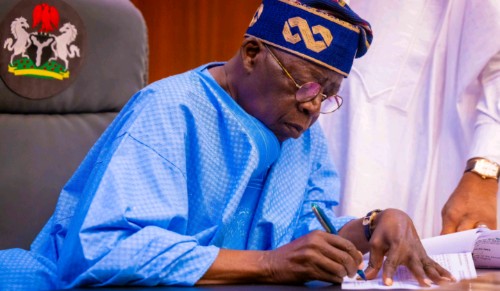The head of Dangote Group, Aliko Dangote, has pointed out that many Nigerians are not aware they pay only 55 percent of what citizens in other West African nations pay for petrol.
He further mentioned that his refinery has helped bring down fuel prices, currently selling petrol at rates between N815 and N820 per litre.
Dangote made these remarks during a visit to the 650,000-barrels-per-day refinery by ECOWAS Commission President, Dr Omar Touray, and his team, as per a statement released by the Dangote Group on Sunday.
He highlighted the importance of promoting intra-African trade and emphasized that the refinery has contributed to lowering the cost of refined fuel and production expenses in different areas of Nigeria’s economy.
“Last year, when we began diesel production, we were able to reduce the price from N1,700 to N1,100 at a go, and as of today, the price has crashed further. This reduction has made a significant impact across various sectors. It has supported industries, benefited those of us in mining, and provided vital relief to the agricultural sector. The effect has been far-reaching,” he said.
He added that local refining has brought advantages for Nigerians, as they now pay much less for petrol compared to neighboring nations.
“In neighbouring countries, the average price of petrol is around $1 per litre, which is N1,600. But here at our refinery, we’re selling at between N815 and N820. Many Nigerians don’t realise that they are currently paying just 55 per cent of what others in the region are paying for petrol,” he noted.
He also revealed that there are “a much larger initiative in the pipeline, something we’ve not yet announced.” Dangote assured Nigerians that “this refinery is built for them, and they will enjoy the maximum benefit from it.”
Leading the ECOWAS delegation on a comprehensive tour of the refinery, Dangote outlined the hurdles and achievements encountered while building the world’s biggest single-train refinery. He restated his view that Africa’s reliance on imports is unsustainable and weakens its economic independence.
“As long as we continue importing what we can produce, we will remain underdeveloped. This refinery is proof that we can build for ourselves at scale, to global standards,” it was stated.
He affirmed that the Dangote refinery has the capacity to satisfy petroleum demands in both Nigeria and the West African region, addressing concerns that the refinery cannot meet local or regional needs.
“There have been many claims suggesting that we don’t even produce enough to meet Nigeria’s needs, so how could we possibly supply other West African countries? But now, they (ECOWAS officials) are here to see the reality for themselves and, more importantly, to encourage other nations to embark on similarly large-scale industrial projects,” he said.
He pointed out that the drop in fuel prices is a direct benefit of refining locally, which not only boosts energy security but also makes fuel more affordable and reduces dependency on imports.
In response, the ECOWAS Commission President described the refinery as a symbol of hope for Africa’s future and a powerful example of what private enterprises can accomplish in pushing industrial development across the region.
“What I have seen today gives me a lot of hope, and everybody who doesn’t believe in Africa should come here. Visiting here will give you more hope because this is exactly what our continent should focus on.
“We have seen something I couldn’t have imagined, and really, the capacity in all areas is impressive. We congratulate Alhaji Dangote for this trust in Africa because I think you do this only when you have the trust, and he has a vision for Africa, and this is what we should all work to encourage,” Touray was quoted.
He pointed out that the refinery, which produces fuel that meets Euro V standards, is essential for ECOWAS countries to achieve their target of 50ppm sulphur content in fuels – a requirement that many imported products fail to meet and which poses risks to both health and the environment.
“We are still importing products below our standard when a regional company such as Dangote can meet and exceed these requirements. The private sector must take the lead in ECOWAS industrialisation,” he advised.
During the tour, Touray called for greater cooperation between governments and private businesses, saying that policies should reflect the true experiences and hurdles faced by industrialists across the continent.
“We believe our visit also serves as an opportunity to hear directly from Mr Dangote, about what the private sector expects from the ECOWAS community,” Touray explained, noting that as ECOWAS celebrates its 50th anniversary, the community is more committed than ever to bringing the private sector to the table, to listen to their perspectives, and to understand how best to create an environment that works for them.
“We cannot continue to make decisions on behalf of the private sector from a distance. Visits like this provide us with first-hand experience and direct insight into the challenges they face—challenges that authorities and government officials must work to address,” he added.
He noted that the time had come for the region to implement an industrial plan that tackles fundamental problems such as high youth unemployment, widespread poverty, and insecurity.
Touray promised the full support of the ECOWAS Commission in helping companies like Dangote Group gain access to broader markets within the region. He also urged other African countries to replicate Nigeria’s model by building infrastructure that benefits the continent as a whole.
“Once again, I congratulate the Dangote Group and commit that the ECOWAS commission will do everything to open up the ECOWAS market for them, if not the entire African continent,” he declared.
The visiting team included Sediko Douka, ECOWAS Commissioner for Infrastructure, Energy and Digitalisation; Prof. Nazifi Darma, Commissioner of Internal Services; Dr Tony Elumelu, Director of Private Sector/SME; and Abdou Kolley, Chief of Staff to Dr Touray, among others.
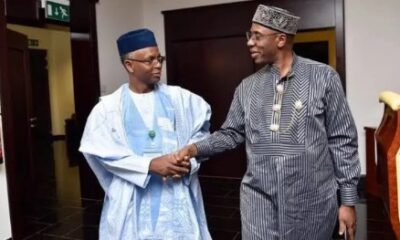
 BIG STORY2 days ago
BIG STORY2 days ago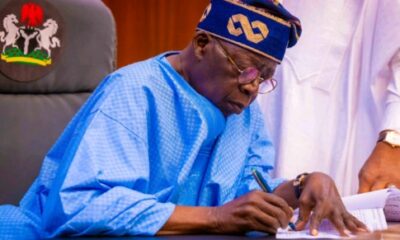
 BIG STORY5 days ago
BIG STORY5 days ago
 BIG STORY5 days ago
BIG STORY5 days ago
 BIG STORY3 days ago
BIG STORY3 days ago
 BIG STORY3 days ago
BIG STORY3 days ago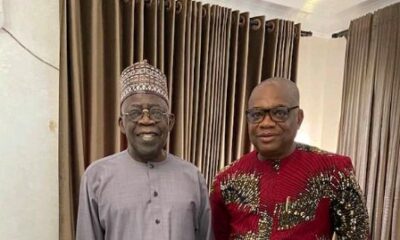
 BIG STORY1 day ago
BIG STORY1 day ago
 BIG STORY2 days ago
BIG STORY2 days ago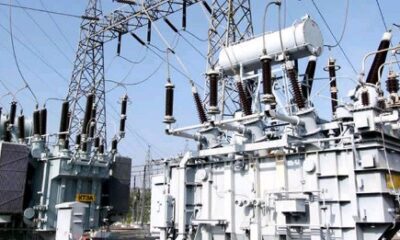
 BIG STORY2 days ago
BIG STORY2 days ago







